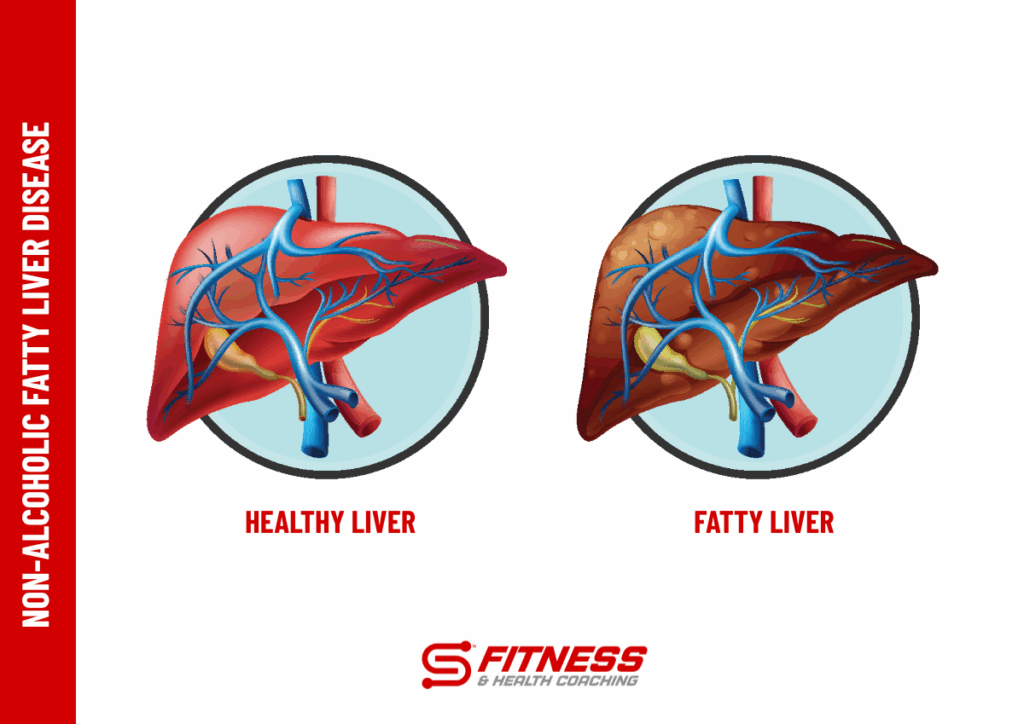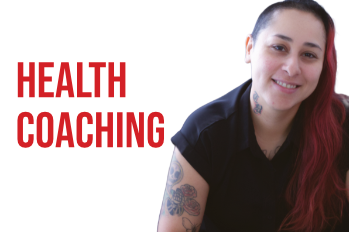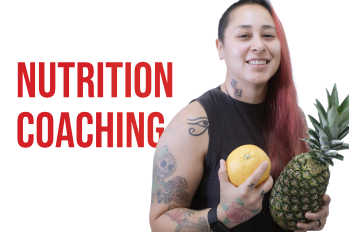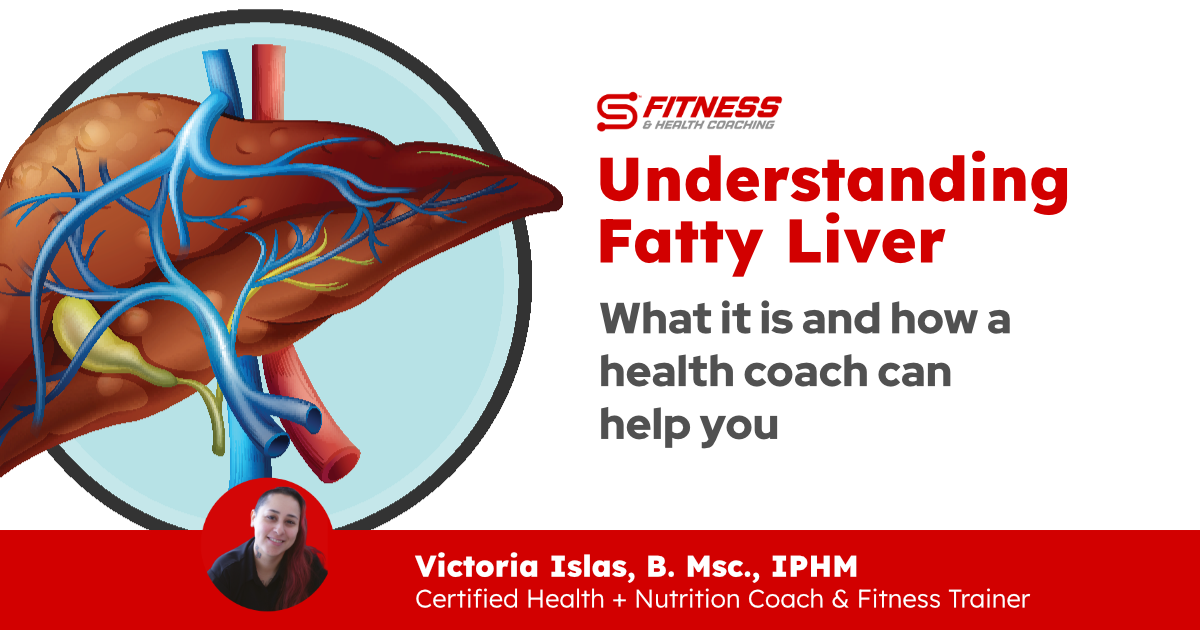Fatty Liver is becoming more and more common, especially in people who are trying to figure out what’s going on with their health but can’t quite put their finger on it. It’s often silent at first, with no big red flags. But over time, it can grow into something serious unless you start taking care of it early on. But I do have some good news! You can reverse it, especially in the beginning stages, with the right kind of support, nutrition, and lifestyle changes.
My job today is to break it all down in a way that’s simple and easy to understand through this article today.
First, What Is Fatty Liver?
Fatty Liver, or Non-Alcoholic Fatty Liver Disease (NAFLD), happens when extra fat builds up in your liver. While a small amount of fat in the liver is normal, too much can cause inflammation and damage. If left unchecked, it can progress into more serious conditions like Non-Alcoholic Steatohepatitis (NASH), fibrosis, or even cirrhosis(My poor mother had to endure cirrhosis at the end of her life and I wish it on no one!).

So, What Are the Symptoms?
A lot of people don’t realize they even have fatty liver until it’s pretty far along. But there are signs your body might be giving you…sometimes subtle, sometimes more obvious. These can include:
- Fatigue or low energy, especially in the afternoons
- Discomfort or a dull ache in the upper right side of your belly (where your liver sits)
- Brain fog or trouble focusing
- Unexplained weight gain, especially around the belly
- Elevated liver enzymes on blood work
- Dark patches of skin (especially on the neck or underarms)
- Bloating or feeling “heavy” after meals
- Trouble losing weight despite eating well and moving
Now, not everyone has all these symptoms. Some people have none. But if you’re feeling off and something just doesn’t seem right, it’s worth checking in on your liver health.
There Are Two Types of Fatty Liver
Non-Alcoholic Fatty Liver (NAFLD) is linked to things like poor diet, weight gain, and insulin resistance.
Alcoholic Fatty Liver is caused by heavy alcohol use. (Sometimes the party life isn’t worth it anymore if your priority is your health.)
In this blog, we’re focusing on the non-alcoholic kind, which is what most people are dealing with these days, unfortunately, whether they realize it or not.
Why Is This Happening to So Many People?
There are a few reasons fatty liver is on the rise which include:
- Poor nutrition: Diets high in sugar, ultra-processed foods, and unhealthy fats strain the liver.
- Lack of movement: A sedentary lifestyle slows metabolism and impacts how your body uses fat.
- Insulin resistance: Often seen in people with prediabetes or type 2 diabetes, it’s a key contributor.
- Weight gain: Especially weight gain around the belly, which increases your risk for metabolic issues.
Even people who aren’t considered “overweight” can develop fatty liver if their nutrition, blood sugar, or hormones are out of balance.
What You Can Do in the Early Stages
Here’s the thing: the liver is incredibly resilient. It can heal itself but you have to give it the right environment. The earlier you catch fatty liver, the easier it is to reverse.
Here are some important first steps:
Eat real food, not fake stuff.
Yeah, you’ve heard it before but this isn’t about eating bland salads or choking down meals you hate. It’s about choosing whole, nutrient-rich foods that actually fuel your body. Think colorful veggies, quality protein (like chicken, beans, or tofu), and healthy fats (like avocado or olive oil). And yes, there are tasty recipes out there that don’t feel like punishment. You just need to find what works for you.
Cut back on sugar and processed carbs.
This one’s a biggie! Too much sugar and refined carbs can lead to fat building up in your liver fast and if you already have fatty liver, it hits even harder. Pay attention to how much of that stuff sneaks into your day. It’s not about being perfect, it’s about being aware at first.
Let weight loss happen in a healthy way.
You don’t need to crash diet or lose a ton of weight overnight. In fact, losing just 5 to 10% of your body weight can already improve liver function. Small, steady changes add up and they’re way more sustainable long term.
Move your body in ways that feel good.
You don’t have to hit the gym every day, but movement does matter. Walk, dance, strength train, grab your steel mace, or stretch it out…whatever makes you feel alive and connected to your body. If you enjoy it, you’ll stick with it. That’s the trick!
Get your stress and sleep in check.
I see it all the time…people walking around stressed out and sleep-deprived, not realizing how much it’s affecting their health. The liver does its best work when your nervous system is calm and you’re actually getting rest. So if you’re always wired or running on fumes, your liver feels it too. Make rest a priority, not a luxury.
What Happens If You Ignore It?
Ignoring fatty liver might not cause symptoms right away, but over time, it can lead to:
- Chronic inflammation
- Liver scarring (fibrosis or cirrhosis)
- Liver failure in extreme cases
- Higher risk of heart disease, diabetes, and metabolic syndrome
This condition doesn’t just affect the liver. It can throw off your entire system if left unaddressed. It’s important to take care of it right away before it moves on into other stages.
How a Health Coach Can Help YOU
You don’t have to figure this out alone. A Health Coach doesn’t replace your doctor, but we work with your medical team to support your healing journey through:
- Personalized nutrition coaching that supports liver health
- Weight management strategies that focus on long-term change, not quick fixes
- Lifestyle guidance to help with movement, stress reduction, and daily habits
- Accountability and encouragement when things get tough
Whether you’re just starting out or feeling stuck in your wellness journey, having someone in your corner can make a huge difference and YES, I would love to be that for you!
Don’t Ignore Fatty Liver
Fatty Liver may be common, but it’s not something to ignore. With early action and the right support, you can absolutely turn things around. The key is to focus on real, sustainable changes, not fad diets or perfection.
If you’ve been told you have a fatty liver, or you’re feeling off and wondering what’s going on, consider connecting with a Health Coach. Together, we can build a plan that helps you feel better in your body and take care of your health for the long haul.












